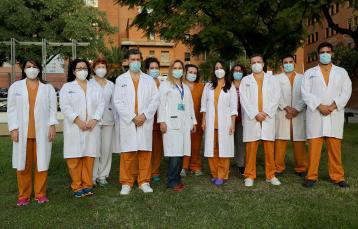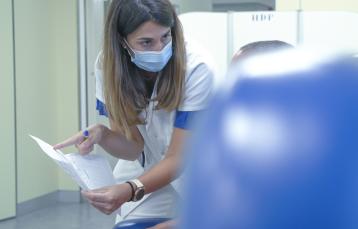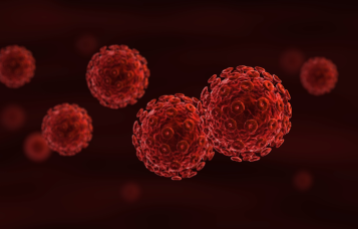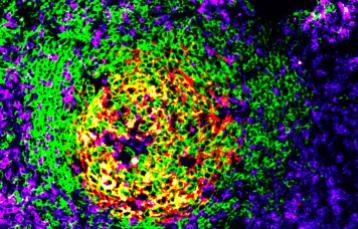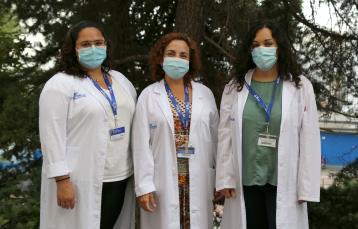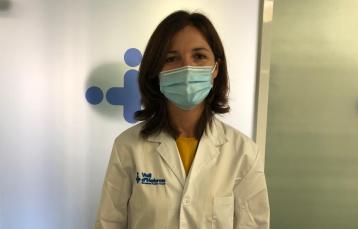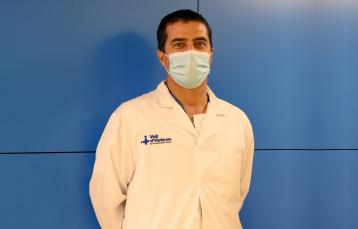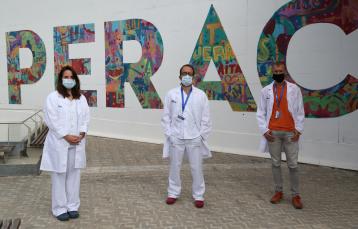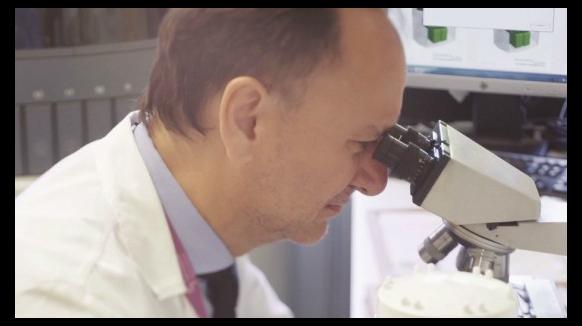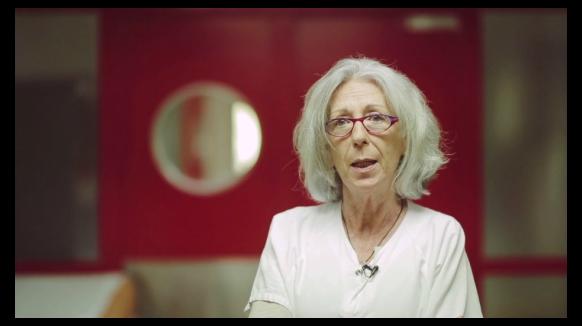Vall d’Hebron identifies memory immune cells in blood and lungs essential for the control of SARS-CoV-2
Comparteix aquest contingut
Related professionals
Dr. Alberto
Jauregui Abularach
Jauregui Abularach
Dr. Alberto
Jauregui Abularach
Jauregui Abularach
Dr. Vicenç
Falcó Ferrer
Falcó Ferrer
Dr. Vicenç
Falcó Ferrer
Falcó Ferrer
Sra. Adela
Amat Huerta
Amat Huerta
Sra. Adela
Amat Huerta
Amat Huerta
Sra. Carmen
Ferrer Barbera
Ferrer Barbera
Sra. Carmen
Ferrer Barbera
Ferrer Barbera
Dra. Inés Mª
de Torres Ramírez
de Torres Ramírez
Dra. Inés Mª
de Torres Ramírez
de Torres Ramírez
Dr. Diego Alejandro
Murillo Brito
Murillo Brito
Dr. Diego Alejandro
Murillo Brito
Murillo Brito
Dr. Vicente
Peg Cámara
Peg Cámara
Dr. Vicente
Peg Cámara
Peg Cámara
Dra. Maria
Deu Martín
Deu Martín
Dra. Leire
Sánchez Corujo
Sánchez Corujo
Dra. Leire
Sánchez Corujo
Sánchez Corujo
Dr. Armando
Reques Llanos
Reques Llanos
Dr. Armando
Reques Llanos
Reques Llanos
Dra. Maria Teresa
Salcedo Allende
Salcedo Allende
Dra. Maria Teresa
Salcedo Allende
Salcedo Allende
Dr. Joel
Rosado Rodríguez
Rosado Rodríguez
Dr. Joel
Rosado Rodríguez
Rosado Rodríguez
Dr. Fernando
Ascanio Gosling
Ascanio Gosling
News and events











